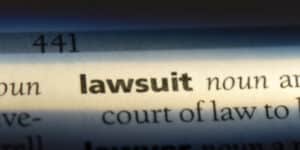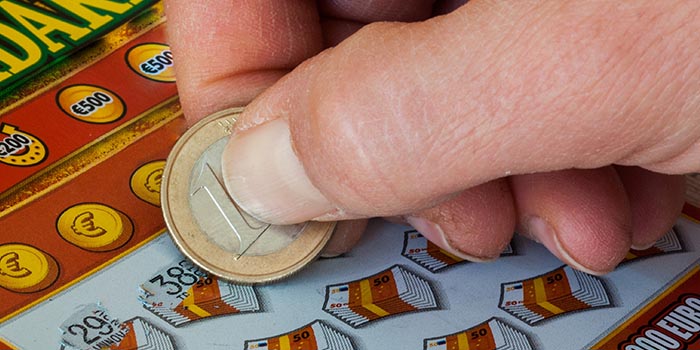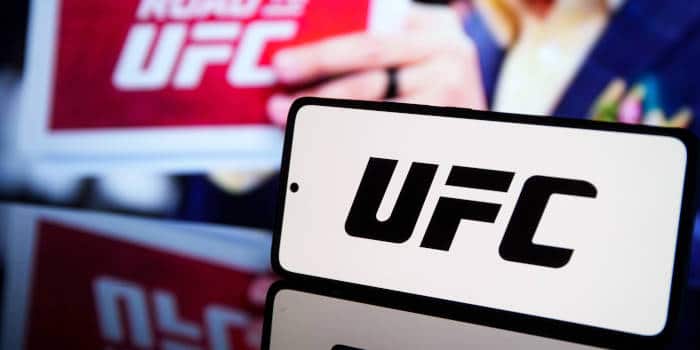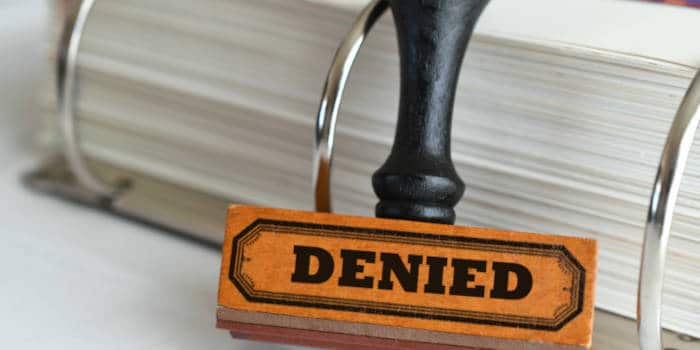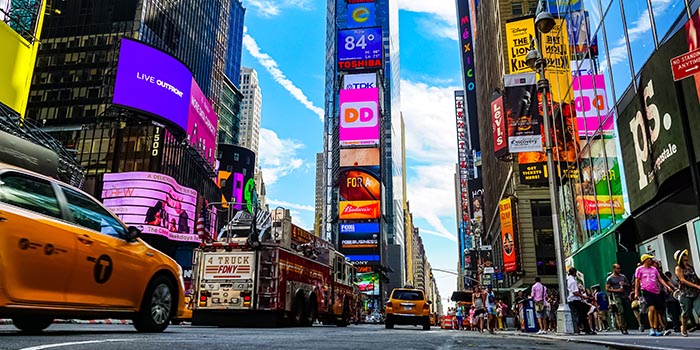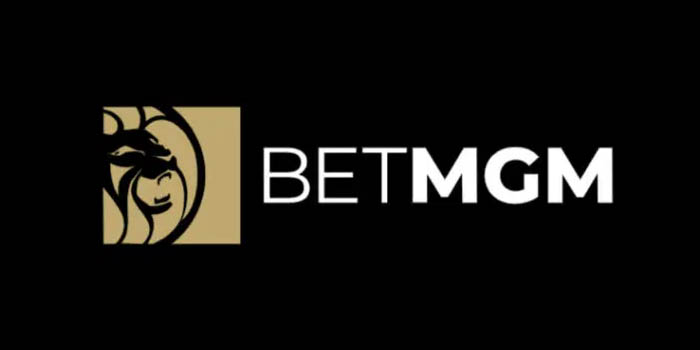- Casino
- By State
- Alabama
- Alaska
- Arizona
- Arkansas
- California
- Colorado
- Connecticut
- Delaware
- Georgia
- Florida
- Hawaii
- Idaho
- Illinois
- Indiana
- Iowa
- Kansas
- Kentucky
- Louisiana
- Maine
- Massachusetts
- Maryland
- Michigan
- Minnesota
- Mississippi
- Missouri
- Montana
- Nebraska
- Nevada
- New Hampshire
- New Jersey
- New Mexico
- New York
- North Carolina
- North Dakota
- Ohio
- Oklahoma
- Oregon
- Pennsylvania
- Rhode Island
- South Carolina
- South Dakota
- Tennessee
- Texas
- Utah
- Vermont
- Virginia
- Washington
- West Virginia
- Wisconsin
- Wyoming
- By State
- Slots
- Poker
- Sports
- Esports
Fact-checked by Velimir Velichkov
US Tax Foundation Discusses the Disparity in State Betting Taxes
The foundation concluded that tax rates should “be low enough to pull participants out of black markets and into the legal, regulated markets”

The Tax Foundation has published a report on the various states’ approach to how sports betting should be taxed. The foundation highlighted noticeable disparities between states with high taxes and ones in low taxes.
The Tax Rates Vary from State to State
The report pointed out that New York, New Hampshire and Rhode Island have the biggest tax rate, standing at a whopping 51%. The three states, however, have vastly different reasons for this figure.
New York, for example, is the largest state in the USA. As a result, law makers decided to capitalize on operators’ desire to tap into this market and introduce a significant tax rate. Rhode Island, on the other hand, operates under a monopoly model where the tax burden is shouldered by a single operator.
The next state in terms of sports betting tax size is Pennsylvania, which boasts a tax rate of 36%.
Conversely, some states have significantly lower tax rates. The lowest sports betting taxes are in Nevada and Iowa where sportsbooks only have to pay 6.75% of their profit as tax. Michigan and Indiana also boast surprisingly low tax rates at 8.4% and 9.5% respectively.
Six states, including Arizona, Colorado, Wyoming, Kansas, Maine and West Virginia have tax rates of exactly 10%.
Other states have varying rates.
Some States Are Considering Higher Taxes
Following the launch of sports betting in New York and the market’s operation despite the astronomical tax, some states have considered tax hikes. These included Ohio, which doubled its tax rate from 10% to 20%. This significant increase came in less than a year after the market launched.
Illinois, on the other hand, opted for a scaled tax rate instead of its previous 15% tax. As a result, some of the better-performing operators had to pay a tax of approximately 40%. Others states, including New Jersey and Massachusetts have also been mulling over higher tax rates.
Arkansas on the other hand leverages multiple tariffs with a minimum of 13% and a maximum of 20%.
Licensing Fees Are Also Important to Consider
The Tax Foundation added that taxes aren’t the only source of income and that operators should also consider a state’s licensing fee. Some states impose huge licensing fees and require operators to renew their licenses every few years. These include Massachusetts where operators have to pay $5 million every five years and Pennsylvania where operators have to pay a $10 million fee followed by a $250,000 renewal rate.
In addition to the highest tax rate, New York also sports the largest licensing fee at $25 million.
The Tax Foundation predicted that more markets will launch sports betting in the following years. The charity believes that the overall sports betting volume is poised to double, highlighting the importance of sound tax policies.
The foundation concluded that tax rates should “be low enough to pull participants out of black markets and into the legal, regulated markets.”
Angel has a passion for all forms of writing, be it fiction or nonfiction. His curious nature gives him an ace up his sleeve when researching a new topic. Angel’s thirst for knowledge, paired with adaptability, always helps him find his way around.
Previous Article

Industry
September 30, 2024
Ex-UK Deputy PM Interviewed amid Election Betting Probe

Must Read
More Articles



Sports
July 10, 2025
NJ Bans Sportsbook Deals With Public Colleges

Casino
July 10, 2025
Mohegan Sun Guest Wins $2M Gambling in Spanish 21


